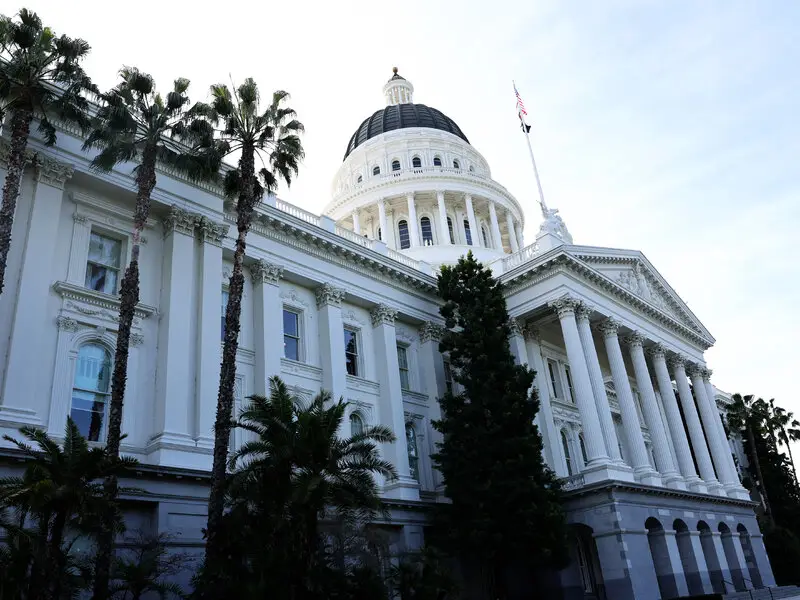California lawmakers have approved the California AI safety bill SB 53, introducing new rules for transparency, whistleblower protections, and fair access to computing power. While the state senate’s vote marks a major step, the bill’s future now depends on Governor Gavin Newsom — who could sign, veto, or let it pass without his signature.
What the California AI Safety Bill Requires
The California AI safety bill sets out a series of measures aimed at keeping powerful AI systems in check:
- Transparency rules: Large AI labs must disclose safety practices and risk assessments, especially when working on frontier models.
- Whistleblower protections: Employees can report unsafe practices without fear of retaliation.
- Public compute access (CalCompute): Smaller labs and researchers will gain access to state-supported cloud resources.
- Tiered obligations: Labs generating under $500 million annually face lighter reporting requirements than larger companies.

How SB 53 Evolved Into California’s AI Safety Bill
State Senator Scott Wiener authored SB 53 after Newsom vetoed a broader AI bill last year. This time, the legislation reflects feedback from a state-appointed AI policy panel.
Some earlier requirements were trimmed down to avoid overburdening startups and labs not working in “high-risk” sectors. This compromise made the bill more likely to pass, but it still faces criticism from industry group
Read the official SB 53 text here.
Support and Opposition to the California AI Safety Bill
The California AI safety bill has divided opinion:
- Supporters: Companies like Anthropic believe SB 53 sets a much-needed framework in the absence of federal regulation. They argue transparency and whistleblower protections are essential safeguards.
- Opponents: Tech investors and industry groups warn the bill may duplicate or conflict with federal and international regulations. They also question whether California should lead on rules for technologies used nationwide.
- Legal concerns: Some argue that state-level AI laws may clash with federal authority over interstate commerce.

Why the California AI Safety Bill Matters Now
AI systems are being deployed in critical areas — from healthcare and education to law enforcement. The California AI safety bill aims to prevent potential misuse by enforcing transparency and accountability.
For smaller AI startups, the CalCompute provision could provide fairer access to powerful computing resources. For larger labs, however, the added reporting and compliance measures may create new hurdles.
Read about the Prorities Governor Newsom’s policy priorities
What Happens Next
Governor Newsom now has three options:
- Sign the bill into law.
- Veto it, sending it back to lawmakers.
- Allow it to pass without signing.
Given his past veto of a broader AI bill, observers are watching closely to see whether he embraces the California AI safety bill this time.

Conclusion
The passage of California’s AI safety bill SB 53 shows the state’s intent to take a leading role in AI regulation. If signed, it could set a model for other states — and even influence federal lawmakers.
But the bill’s future depends entirely on Governor Newsom’s decision. Whether he chooses to sign or veto, SB 53 has already sparked a crucial conversation about how society manages the risks and rewards of artificial intelligence.

Leave a Reply